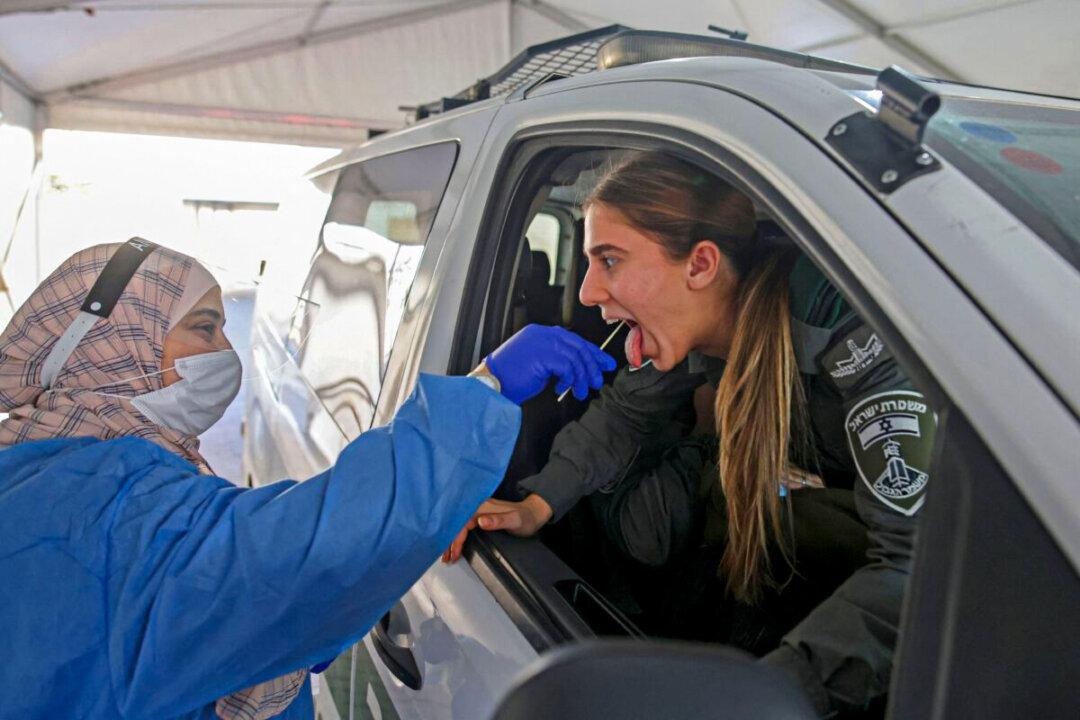Hospitals in Israel have been instructed by the Ministry of Health to begin conducting PCR tests on new patients for the next three weeks amid a recent spike in COVID-19 cases.
In a letter to hospitals, Dr. Sigal Libert Taub, the head of the general medicine division at the Health Ministry, reportedly directed staff to perform PCR tests on all new admissions in internal wards, citing a rise in COVID-19 morbidity linked to the BA.2.86 variant of Omicron.




